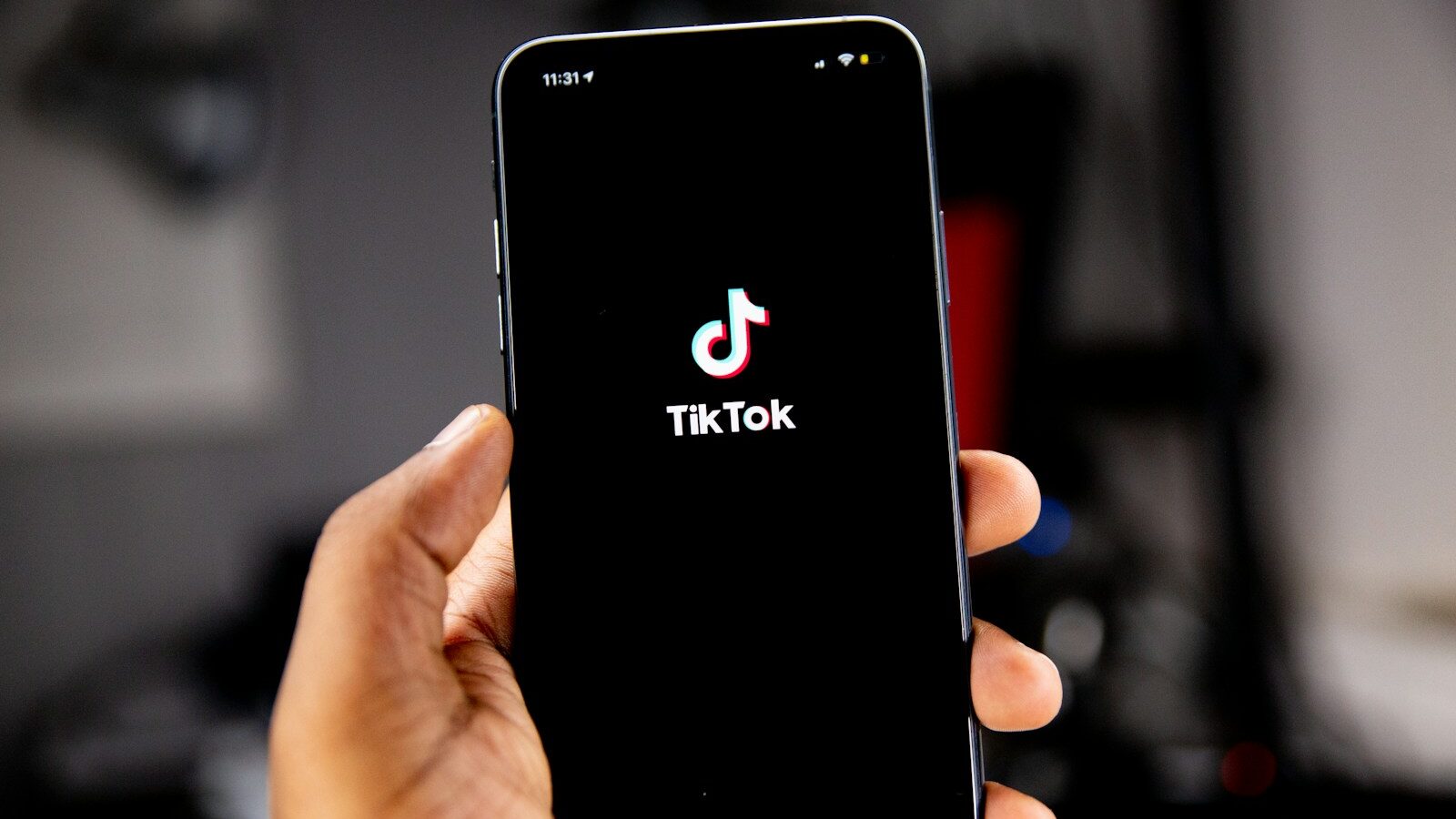For years, and none more so than 2021, the buzzwords of innovation and adaptability have appeared in strategies, best practice and company values but to be truly innovative and adaptable, a business needs change capability at all levels.
Good change capacity is reliant upon three elements: capability, culture, and process. I am sure we can all think of initiatives, professional or personal, that despite best efforts, have fallen short of expectations due to lack of planning, commitment, adoption and usage. But fear not, studies show that investing in change management can directly increase the ROI. So here are some ideas of areas that you could focus for 2022 and questions you can use to prompt those all-important internal conversations.
Work to your strengths
We know change management is rooted in the principles of HR, as Judith Germain discusses in her article from September, and it’s highly likely that across your business you have people who – although not in a strictly change or HR role – demonstrate excellent skills in this area. To capture these with minimal additional effort, I suggest equipping line managers with the skills to identify them and using existing development meetings as the vehicle.
You will already have a change network, perhaps without cultivation. From vocal staff who easily influence others to consistently late adopters and complainers, managers who fail or are successful in passing on information effectively and not forgetting the head of the rumour mill.
As a senior leadership team, do you spend time discussing change management and how you can continuously improve your capacity for change across the business?
Who are these people? Are they aware of their influence? Who else is good at anticipating colleague needs? Who is an excellent internal communicator? How can these natural abilities be used to maximise and not potentially damage success?
Know your weaknesses
It is called a blind spot for a reason. As a senior leadership team, do you spend time discussing change management and how you can continuously improve your capacity for change across the business? How often are communication channels evaluated for suitability? Should this be an area for improvement and if so, how could budgets be applied to enable increased knowledge and exposure to best practice?
Similarly, if you don’t have the capability internally, how might your recruitment process shift to enable identification of these skills in the interview process, is it worth the investment to hire a change manager at cost or do you need consultants to demonstrate best practice and upskill a project team?
Flight or fight?
As an HR team, you will no doubt be continually reviewing the perceived culture of the business, but does your environment encourage development of change capacity?
Ask yourself:
-
Are challenges and conflict truly encouraged?
-
When employees have a good idea, where do they direct these?
-
Are job titles, silos, hierarchy, or politics holding back using the best person for the role?
-
Are employees trusted and empowered to get involved?
-
How do you celebrate success and failure?
-
How often do you measure adoption and usage six or 12 months later?
Messaging in the recruitment and induction as part of the onboarding process can give early indicators to prospective and new employees about the behaviours that will be celebrated
Listening not broadcasting
I don’t need to tell you that your people are your business, and it’s the daily actions and interactions of each person which dictate the success or failure, openness or isolation, adoption or abandonment of initiatives and culture.
Ask each other (and your staff):
-
What role do purpose and sustainability play in your culture?
-
Do you truly live your values?
-
How do you celebrate examples of the values in practice?
-
How do you intervene when the values are not being upheld?
The Greek philosopher Heraclitus said, “The only thing that is constant is change”
Messaging in the recruitment and induction as part of the onboarding process can give early indicators to prospective and new employees about the behaviours that will be celebrated. Often implied but rarely stated, empowering new employees to suggest ideas, provide feedback and challenge the status quo (repeatedly) can cause a shift in culture. This can then be supported by wider messaging and demonstration to existing staff. To fully understand if the messaging is landing, ask, qualify, and act.
The Greek philosopher Heraclitus said, “The only thing that is constant is change”, and 2021 will be marked in history as a prime example of that. As 2022 rolls in and we face new challenges, I encourage you to be bold, ask questions, seek out natural change advocates and build change management capacity across your business.
Interested in this topic? Read Management development should be HR’s number one priority in 2022.
[cm_form form_id=’cm_65a14c3f5da64′]








